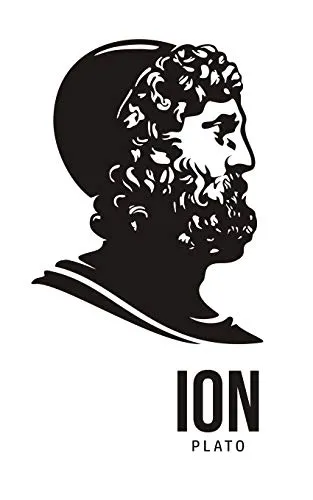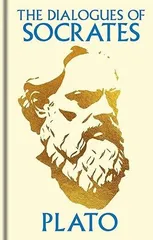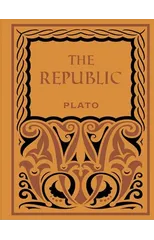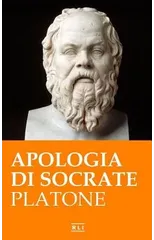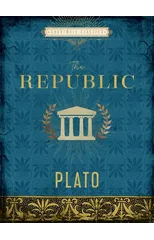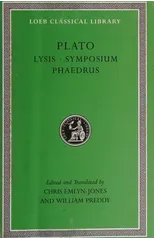Do you want to read ION? If so then keep reading... Socrates figures in all of these, and they are considered the most faithful representations of the historical Socrates; hence they are also called the Socratic dialogues. Most of them consist of Socrates discussing a subject, often an ethical one (friendship, piety) with a friend or with someone presumed to be an expert on it. Through a series of questions he will show that apparently they don't understand it at all. It is left to the reader to figure out if "he" really understands "it". This makes these dialogues "indirect" teachings. This period also includes several pieces surrounding the trial and execution of Socrates. What are you waiting for ION is one click away, select the "Buy Now" button in the top right corner NOW!
Plato
Plato was an ancient Greek philosopher and the founder of the Academy in Athens, the first institution of higher learning in the Western world. His most notable works include "The Republic," "Symposium," and "Phaedo." Plato's dialogues are written in the form of conversations between Socrates and other characters, exploring themes such as ethics, politics, and metaphysics.
Plato's influence on literature is profound, as his philosophical ideas have inspired countless writers and thinkers throughout history. His most famous work, "The Republic," is a seminal text in political philosophy and has had a lasting impact on the genre. Plato's literary style is characterized by its use of dialogue, dialectic, and allegory, making his works both engaging and thought-provoking.
